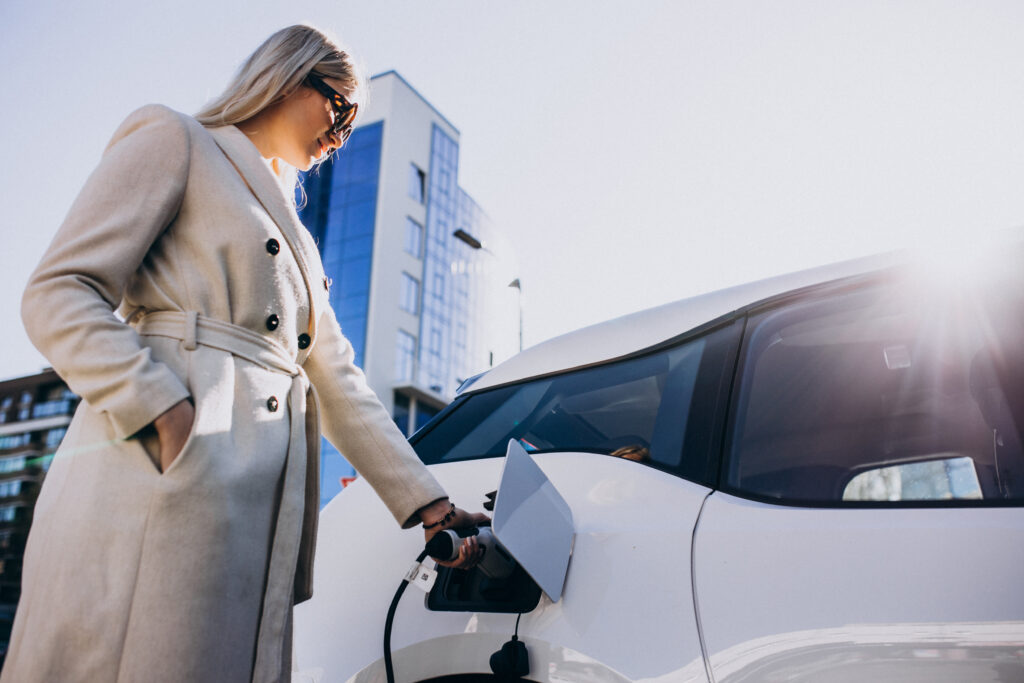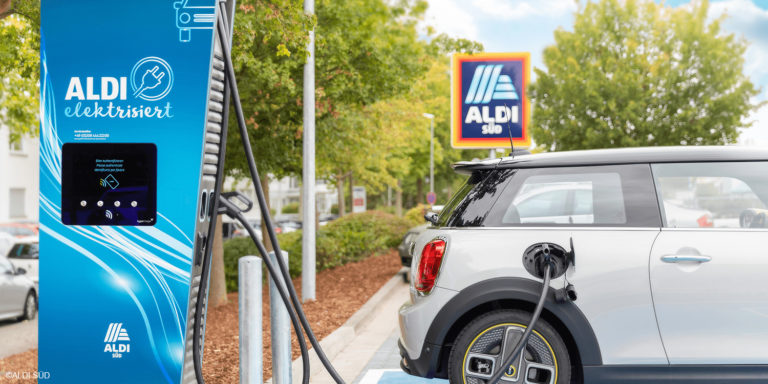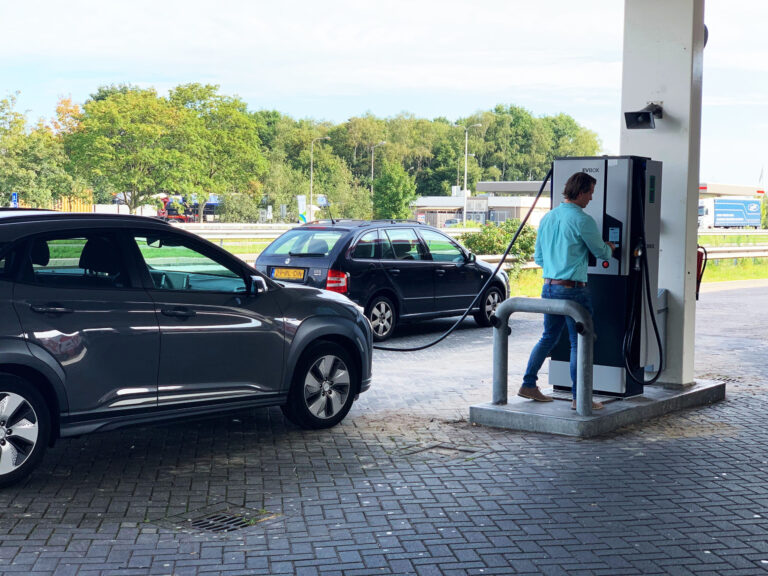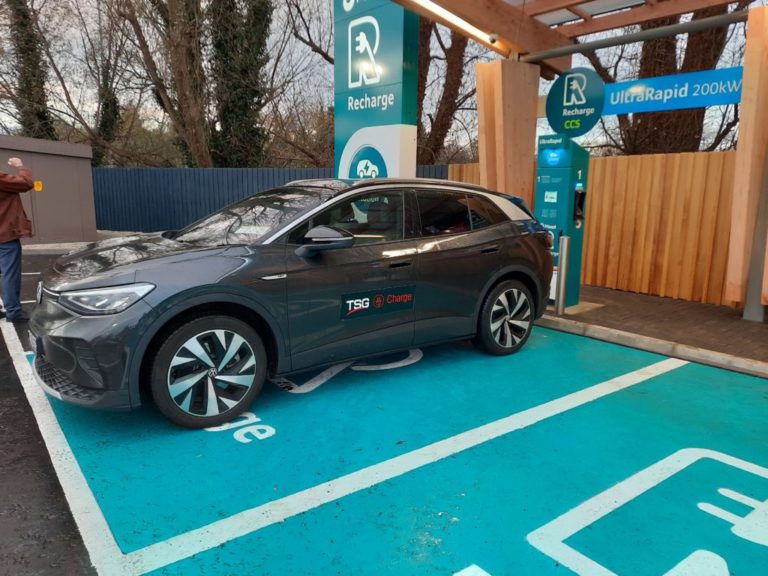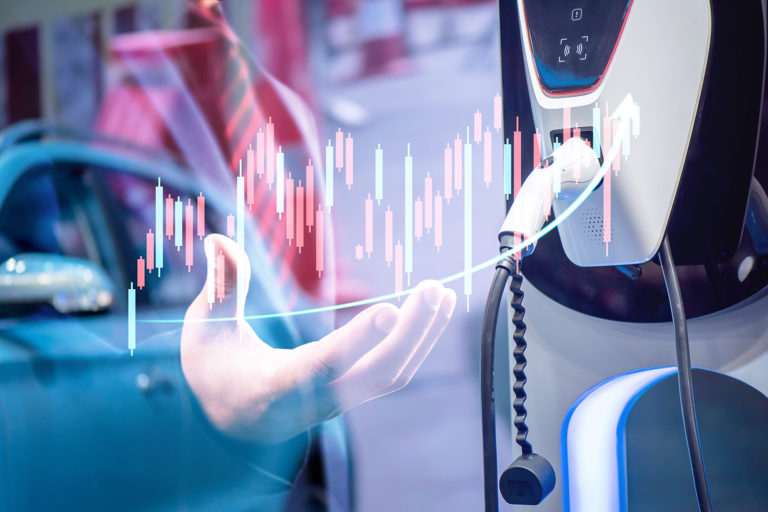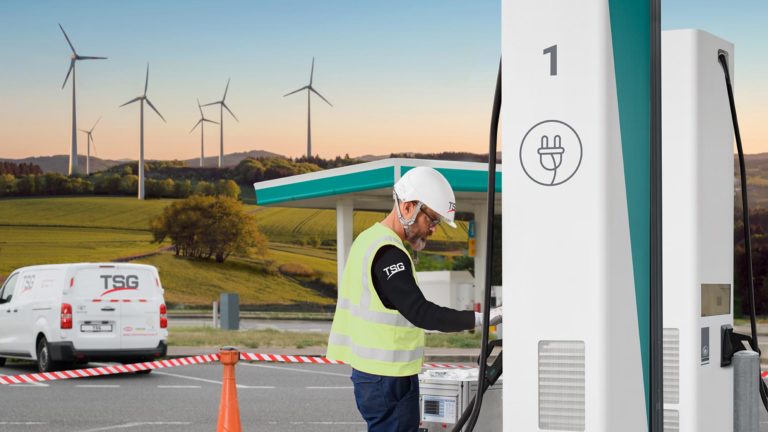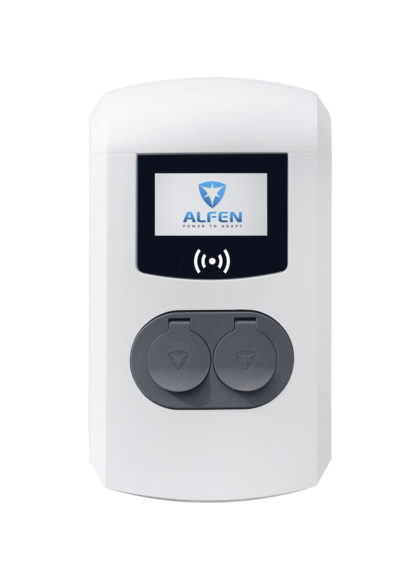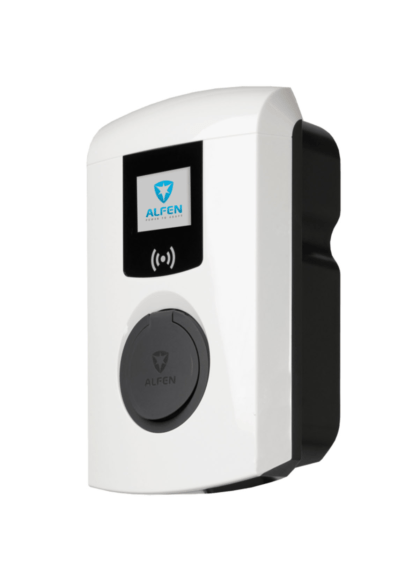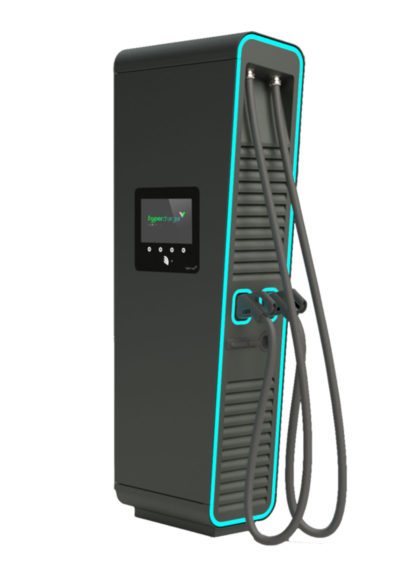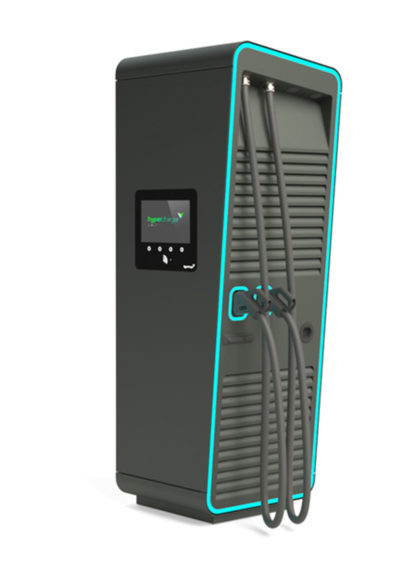Charging on the go at fuel retailers
Ireland’s market share for electric vehicles continues to rise at a considerable rate, with pure-electric vehicles representing almost 15% of new car sales in 2022.
The springboard for this sharp increase in the popularity of EVs is ascribed to the Irish Government’s drive toward net zero and the impending ban on the sale of new petrol and diesel cars by 2035 as detailed in its Climate Action Plan.
As a consequence, motorists in the market for a new car after that date will be faced with a choice of battery-electric vehicles or other environmentally friendly alternatives, without the availability of fossil fuel options.
Many countries have already embraced the natural progression to EVs and possess a robust charge infrastructure to support the move, others (including Ireland) are striving to keep pace with charge point demand as EV sales soar.
As established fuel suppliers, large forecourt networks and independent retailers are best placed to assert their dominance in the EV charge sector. By treating it as incremental business and capitalising on their existing locations and facilities to deliver charge points, they could generate a high return on investment via supplementary store and café sales.
Nevertheless, as with any large-scale investment, it is always wise to exercise due diligence to identify past and current trends of EV sales within a site’s vicinity and establish a baseline for electric vehicle penetration. Once the decision has been made to offer charging facilities, it is critical that forecourt owners partner with a reputable engineering, procurement and construction (EPC) contractor to project manage the installation.
